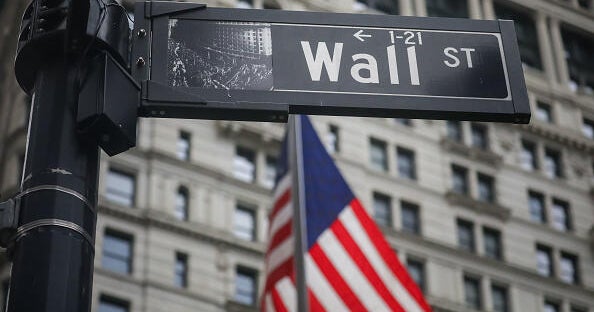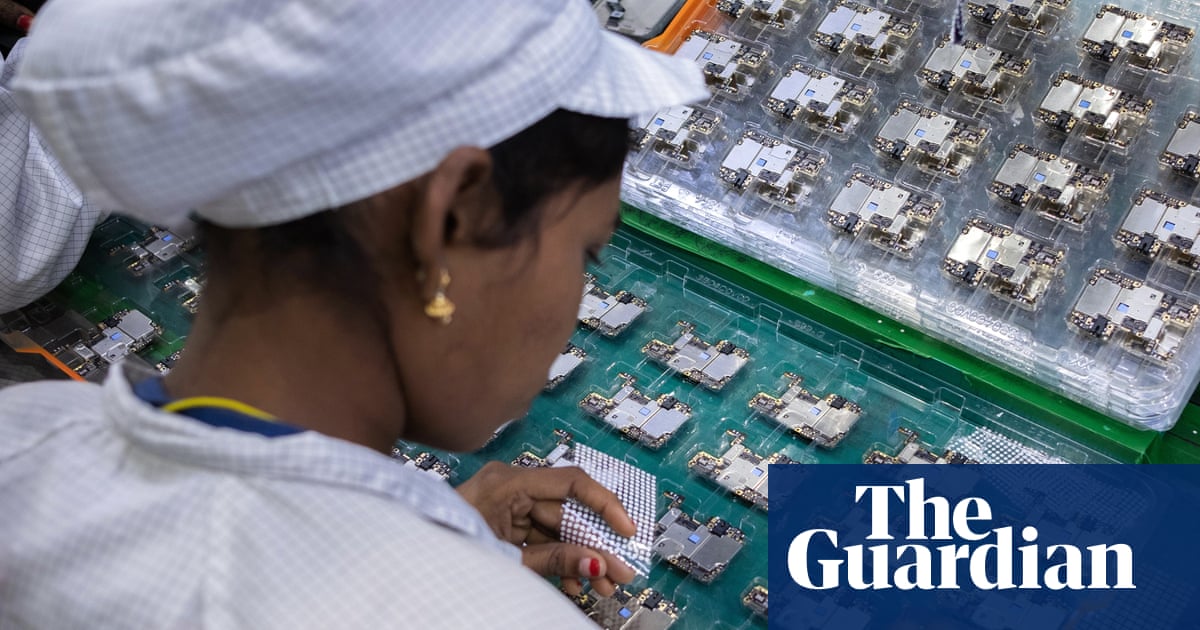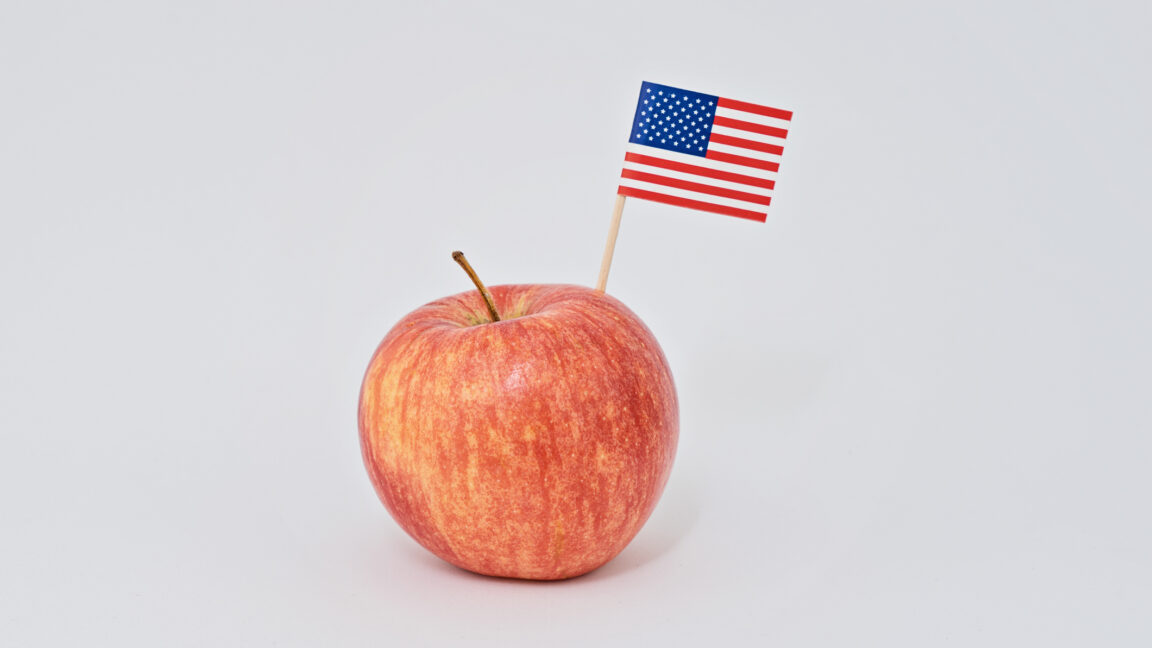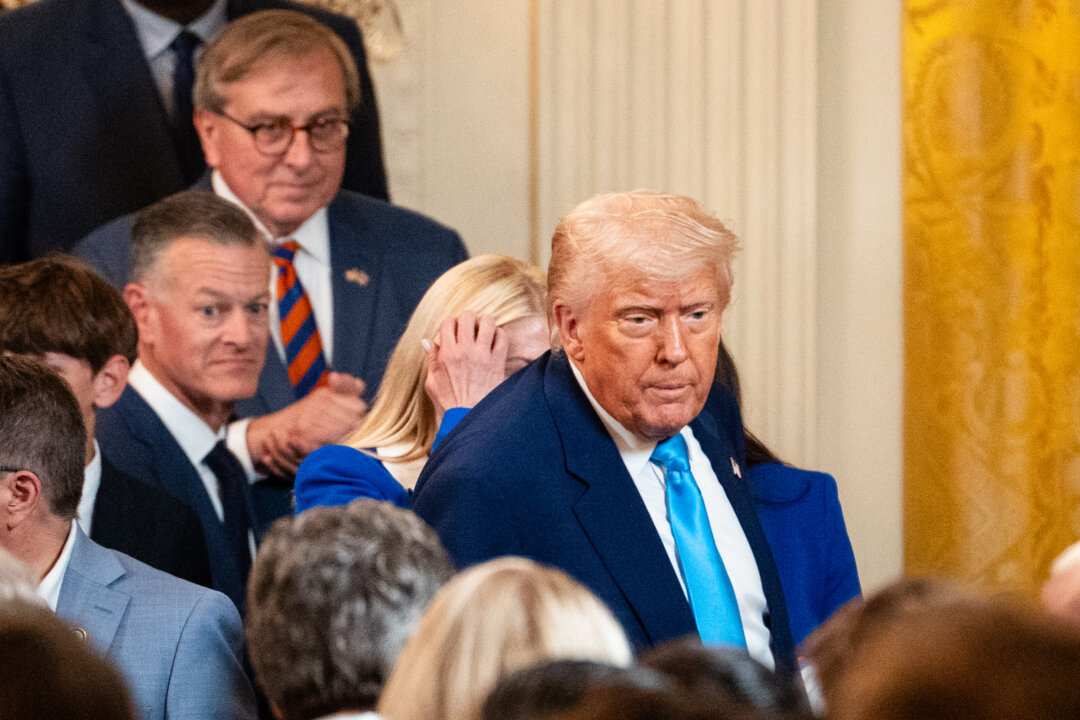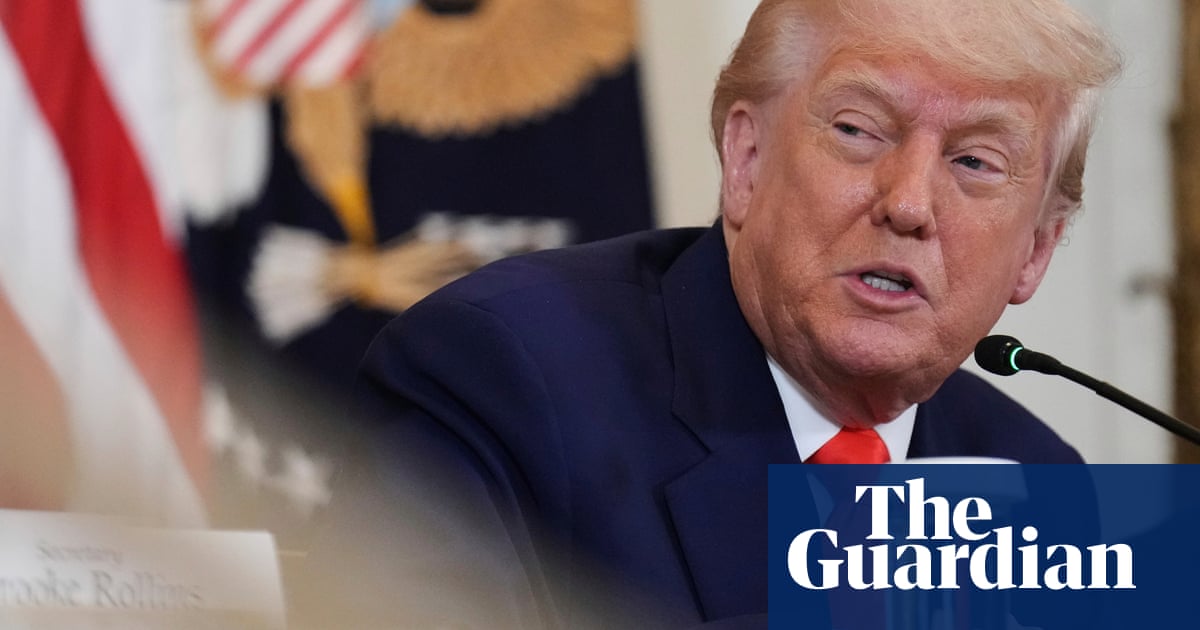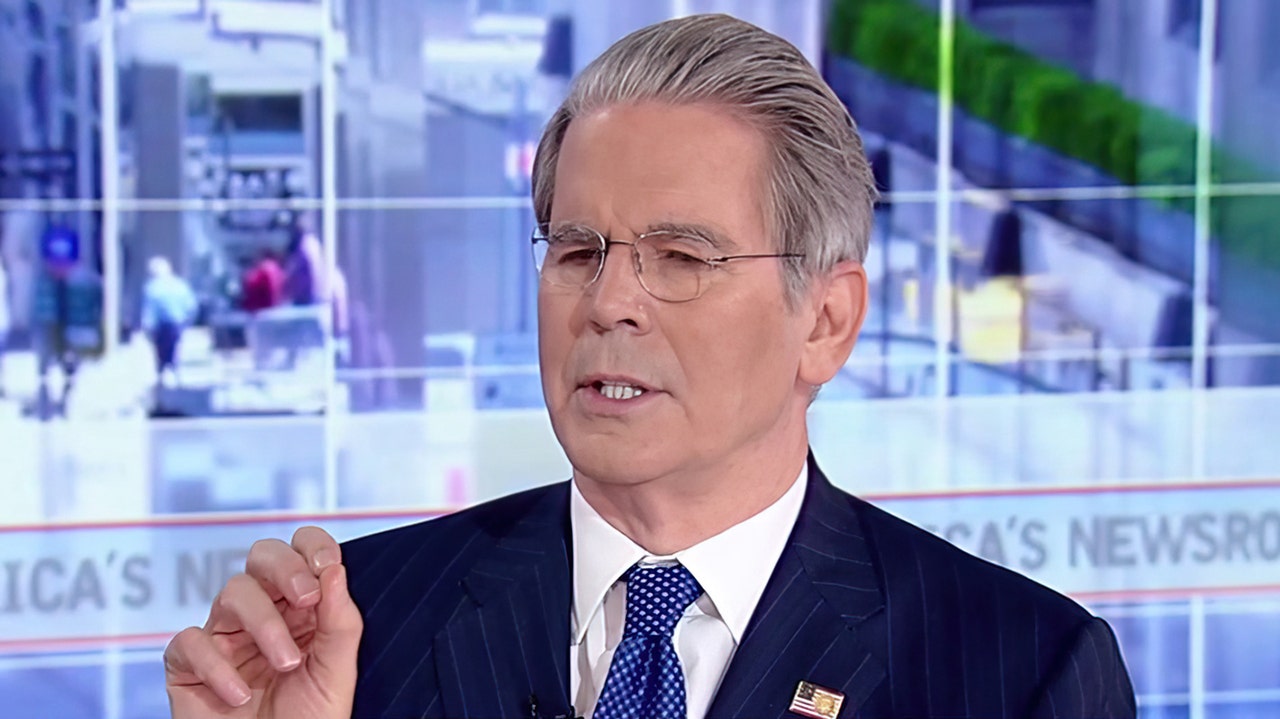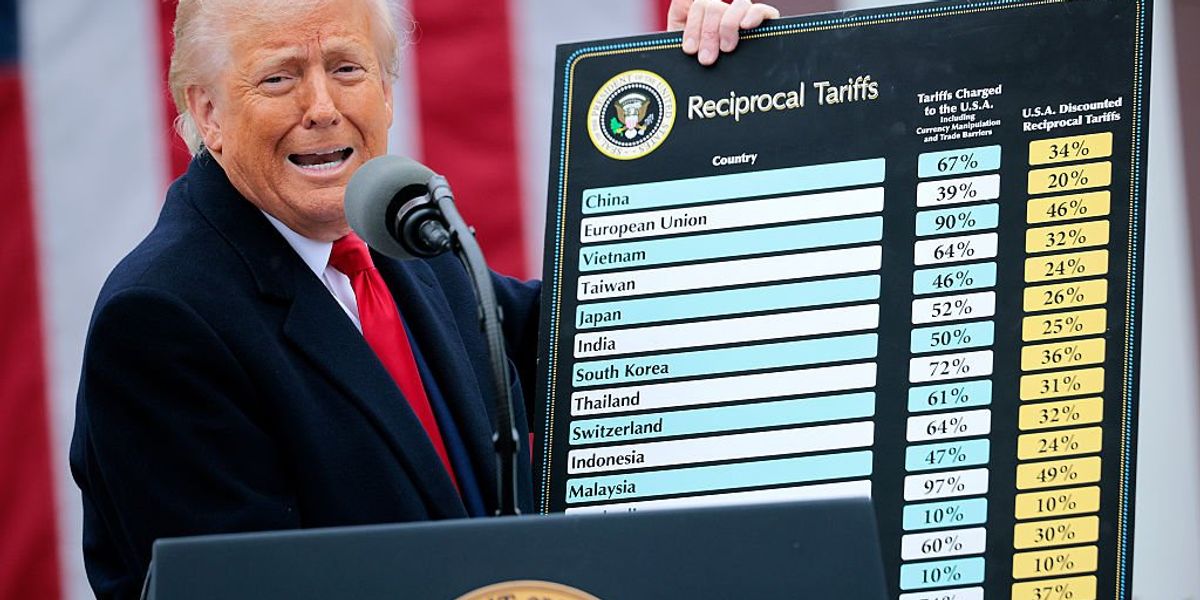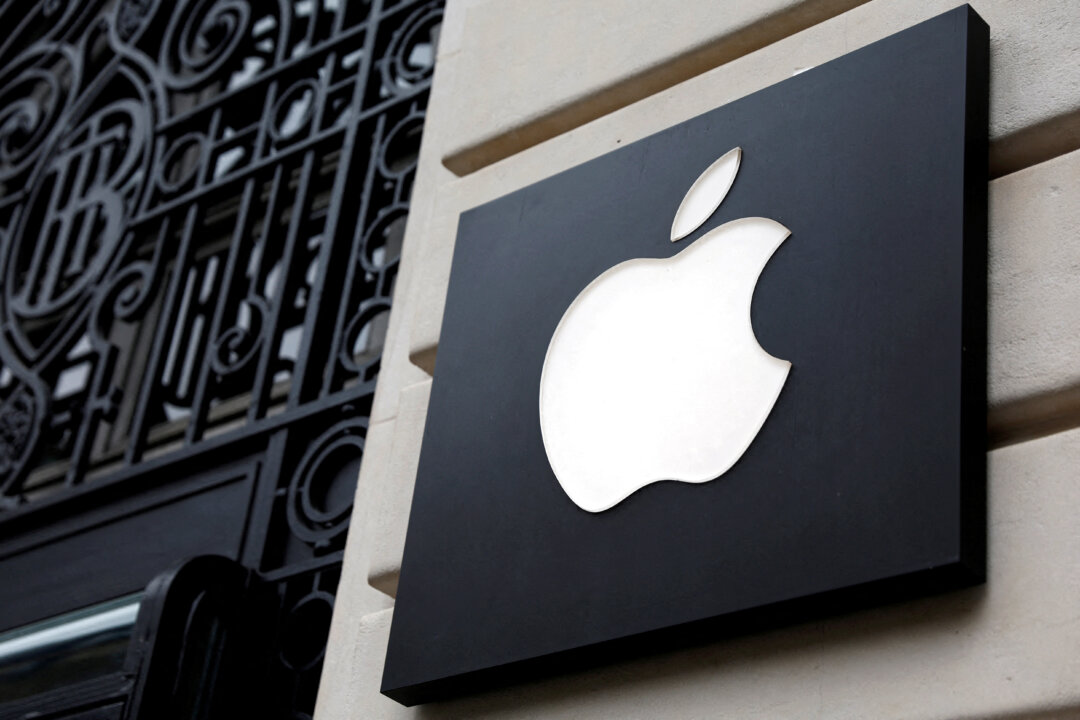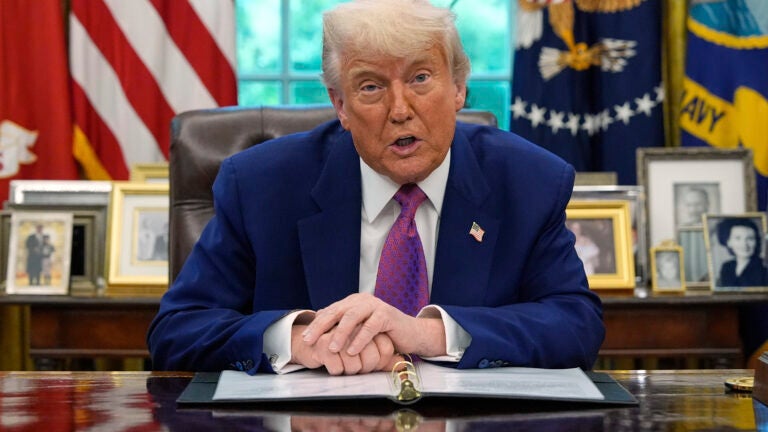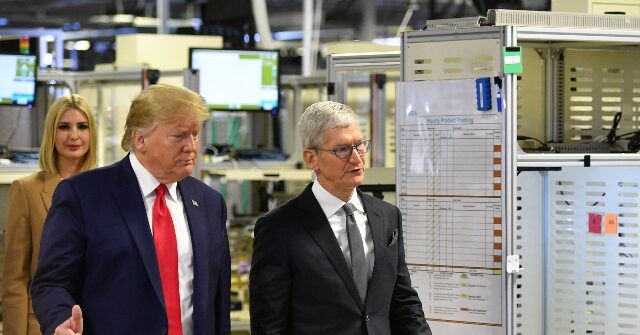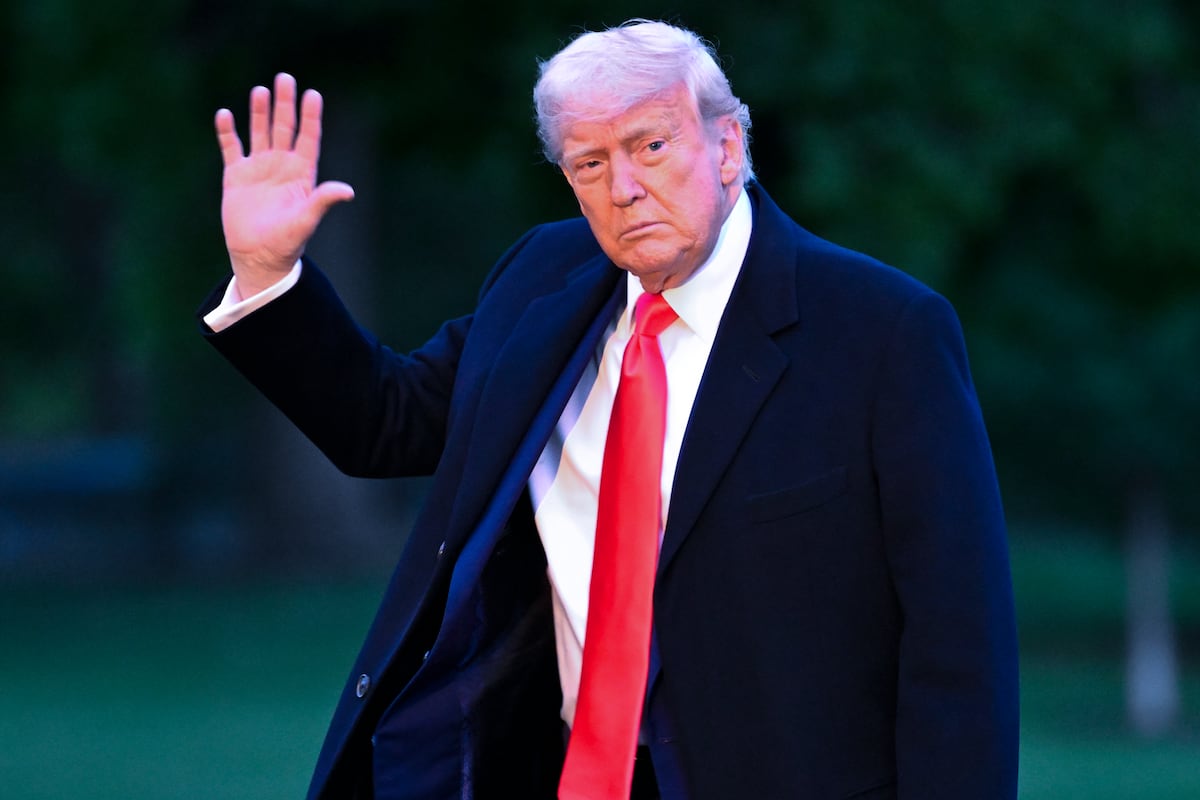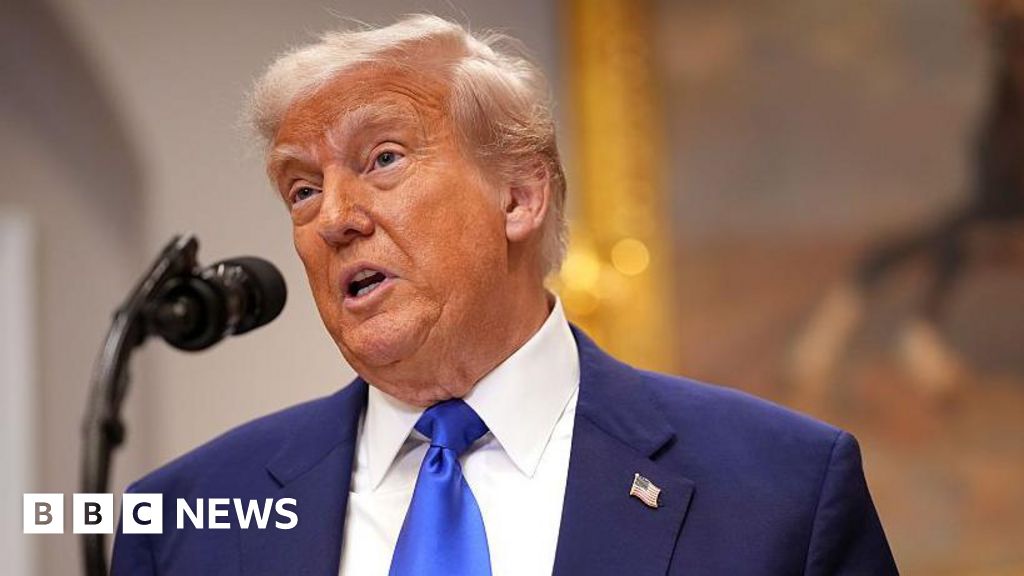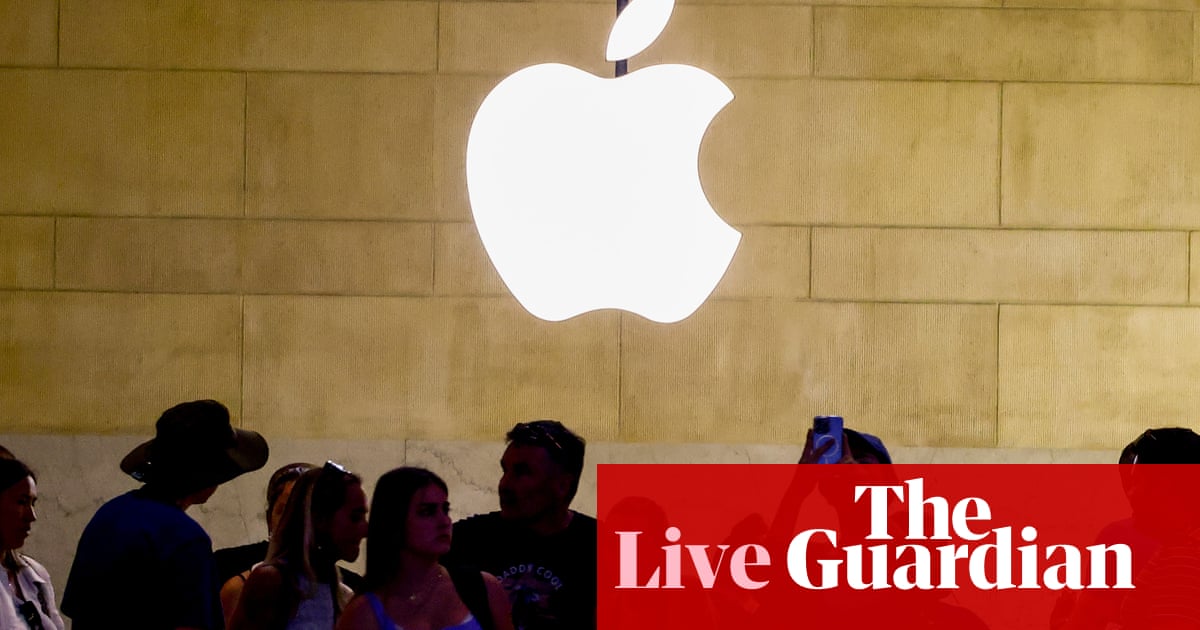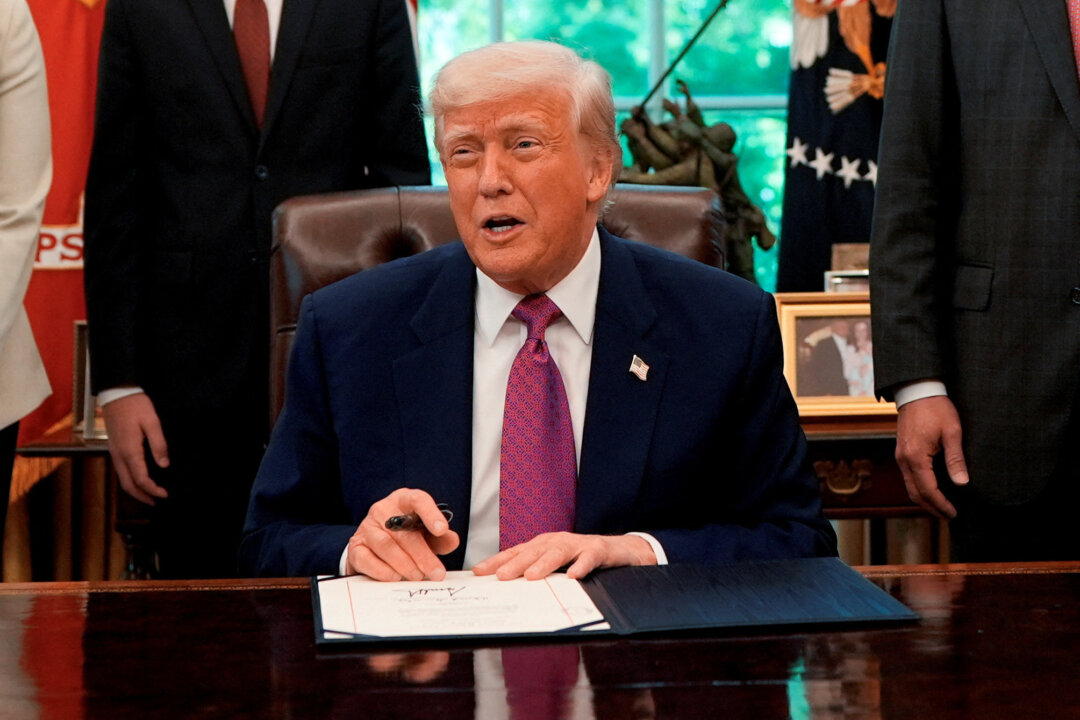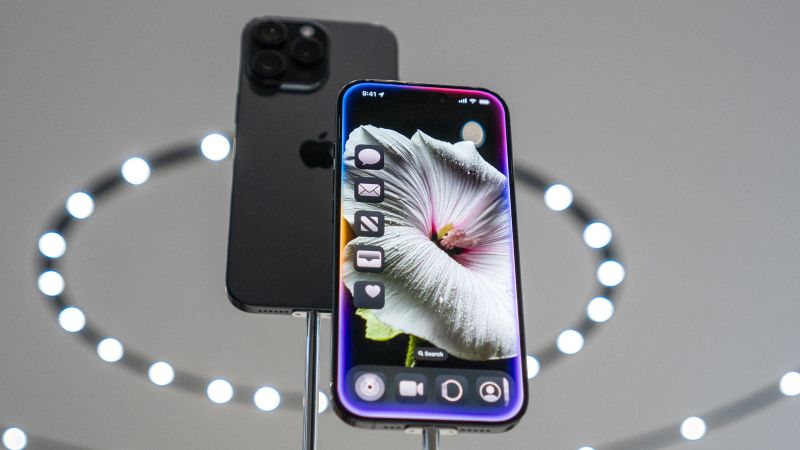Trump Threatens 25% Tariff on Apple Over Manufacturing Plans
President Trump threatens a 25% tariff on Apple unless it manufactures iPhones in the U.S., complicating trade relations and raising potential consumer prices.
Subscribe to unlock this story
We really don't like cutting you off, but you've reached your monthly limit. At just $5/month, subscriptions are how we keep this project going. Start your free 7-day trial today!
Get StartedHave an account? Sign in
Overview
President Trump has escalated trade tensions by threatening a 25% tariff on Apple unless it manufactures iPhones in the U.S., criticizing the company's plans to produce in India. This comes alongside a proposed 50% tariff on EU imports starting June 1, due to stalled trade negotiations. Analysts warn that U.S.-made iPhones could see price increases of $2,000 to $3,500, significantly impacting consumer demand. Apple's reliance on foreign manufacturing complicates the feasibility of such tariffs. CEO Tim Cook stated that most iPhones sold in the U.S. from March to June would come from India, while the company faces a potential $900 million cost increase due to tariffs.
Report issue

Read both sides in 5 minutes each day
Analysis
- The article presents a neutral perspective on iPhone price increases due to tariffs and production shifts.
- It highlights expert opinions on the feasibility and timeline of U.S. manufacturing, reflecting uncertainty.
- The discussion includes financial implications for Apple and consumers, maintaining a balanced tone throughout.
Articles (61)
Center (24)
FAQ
President Trump is targeting Apple with the threat of tariffs to pressure the company into shifting iPhone manufacturing to the United States, arguing that this will boost American jobs and reduce reliance on foreign production. His comments are part of a broader critique of Apple’s expansion of manufacturing in countries like India, which he believes undermines U.S. interests.
Apple is deepening its manufacturing presence in India, with major investments by suppliers like Foxconn to expand production beyond China. This strategy aims to diversify the supply chain and reduce costs, but it may complicate the company’s response to U.S. tariff threats and could lead to new cost pressures if tariffs on non-U.S.-made iPhones are enacted.
Analysts warn that tariffs could result in significant price increases for U.S.-made iPhones—potentially between $2,000 and $3,500 per device—due to higher production and import costs. Such price hikes are expected to substantially reduce consumer demand.
Apple may face a potential cost increase of up to $900 million if the proposed tariffs are imposed, due to the need to restructure manufacturing and absorb higher costs or pass them on to consumers.
Apple’s CEO Tim Cook has indicated that most iPhones sold in the U.S. from March to June would be manufactured in India, as the company continues to shift assembly away from China in response to both trade pressures and supply chain diversification goals.
History
- 5M

 4 articles
4 articles
- 5M

 4 articles
4 articles
- 5M

 6 articles
6 articles









